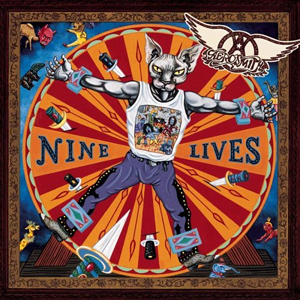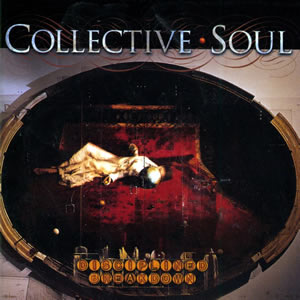Nine Lives by Aerosmith
Buy Nine Lives The last in a string of albums over a decade long commercial run, Nine Lives saw Aerosmith return to their traditional record label as well as return to their core […]

Buy Nine Lives The last in a string of albums over a decade long commercial run, Nine Lives saw Aerosmith return to their traditional record label as well as return to their core […]

Buy Disciplined Breakdown After exploding onto the international rock scene in the middle of the 1990s with the success of their first two albums, Collective Soul released their much anticipated third studio album, […]